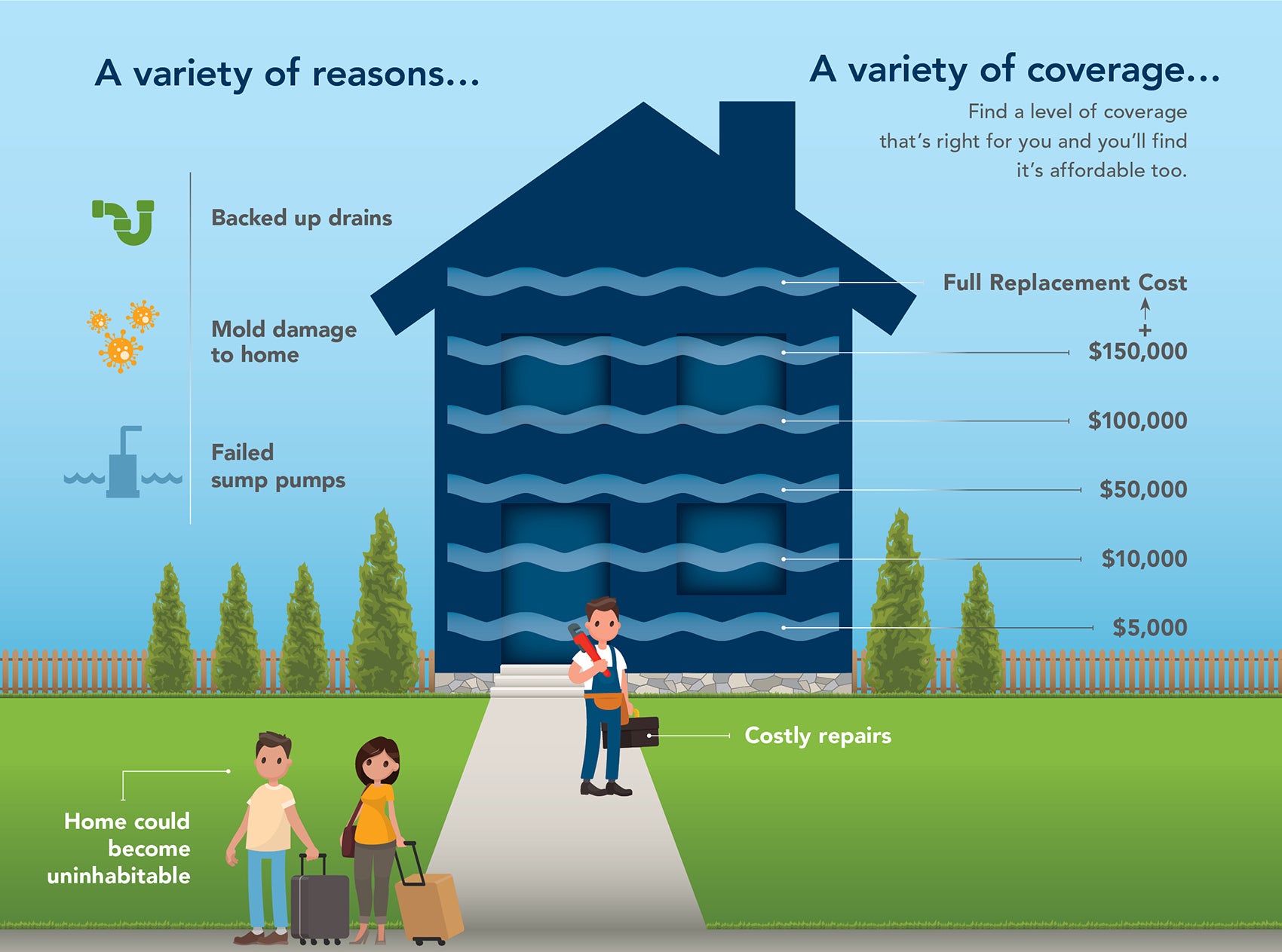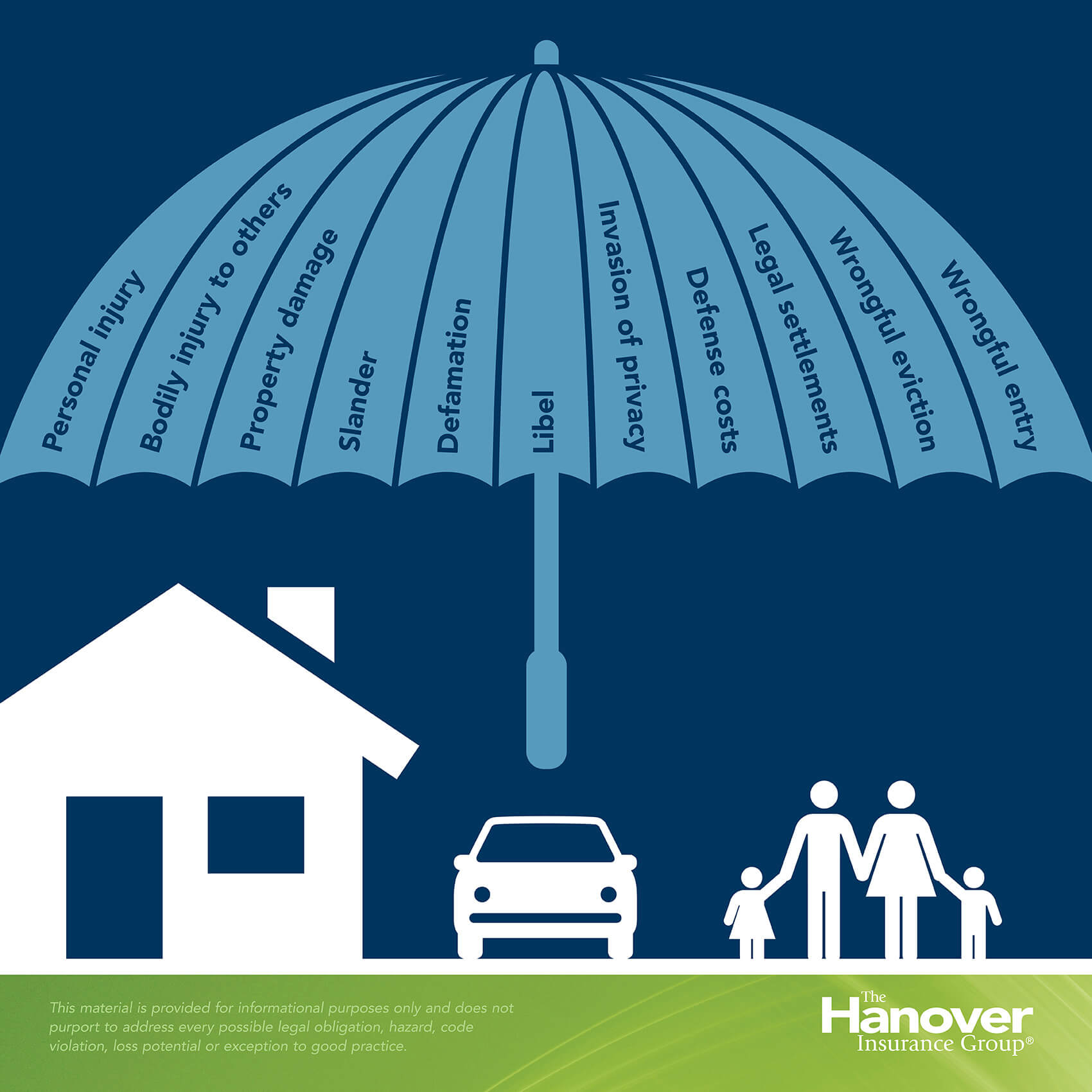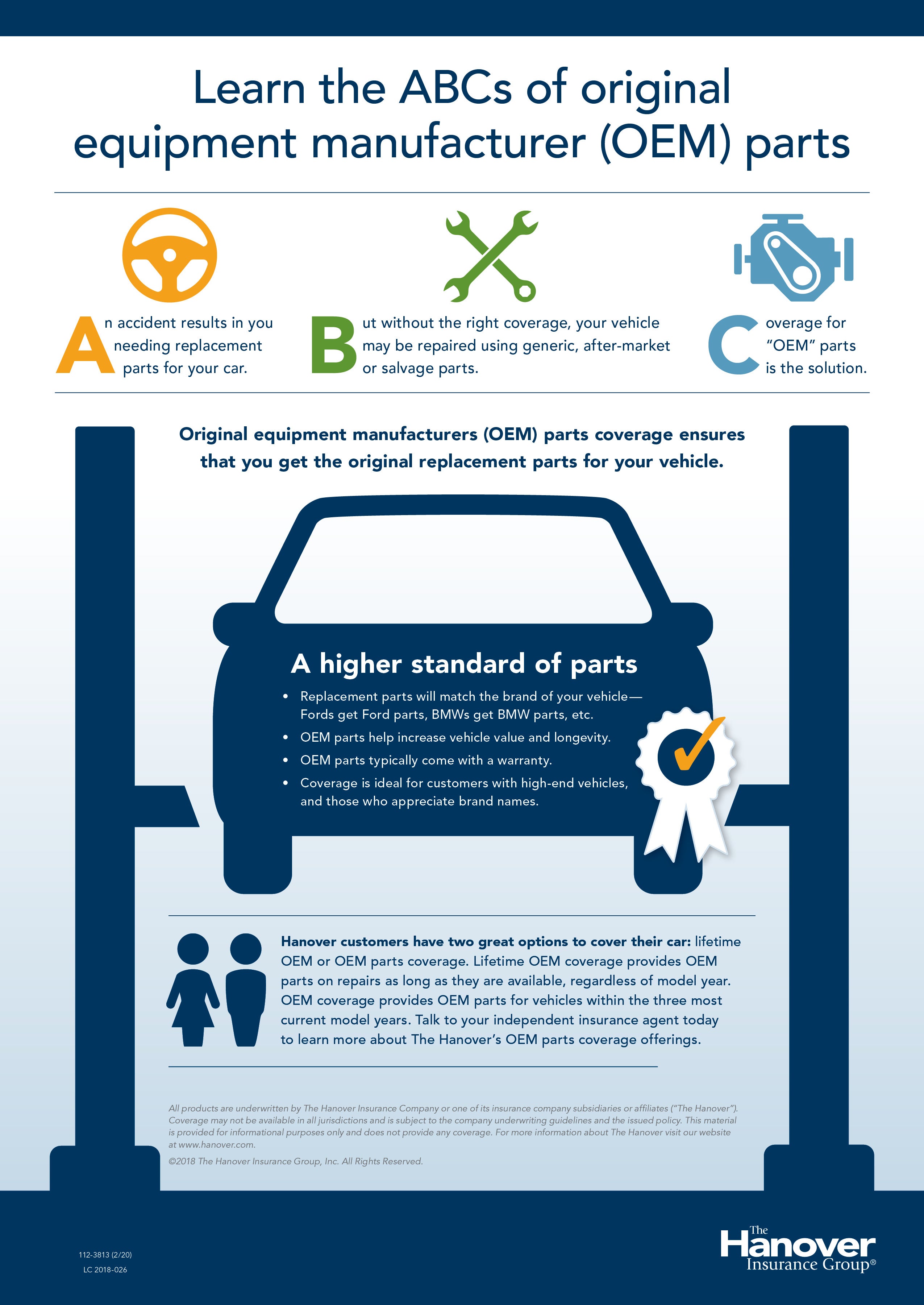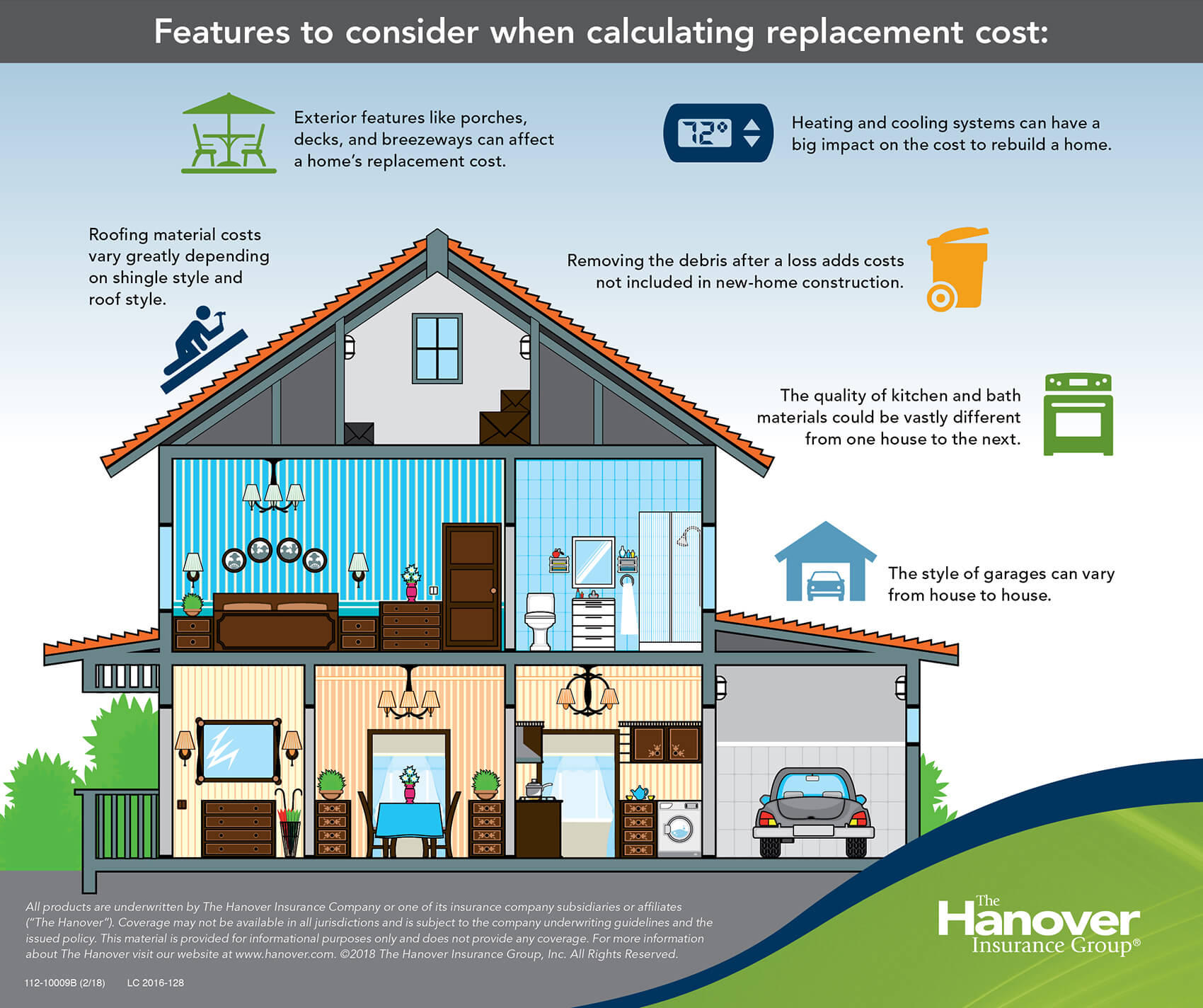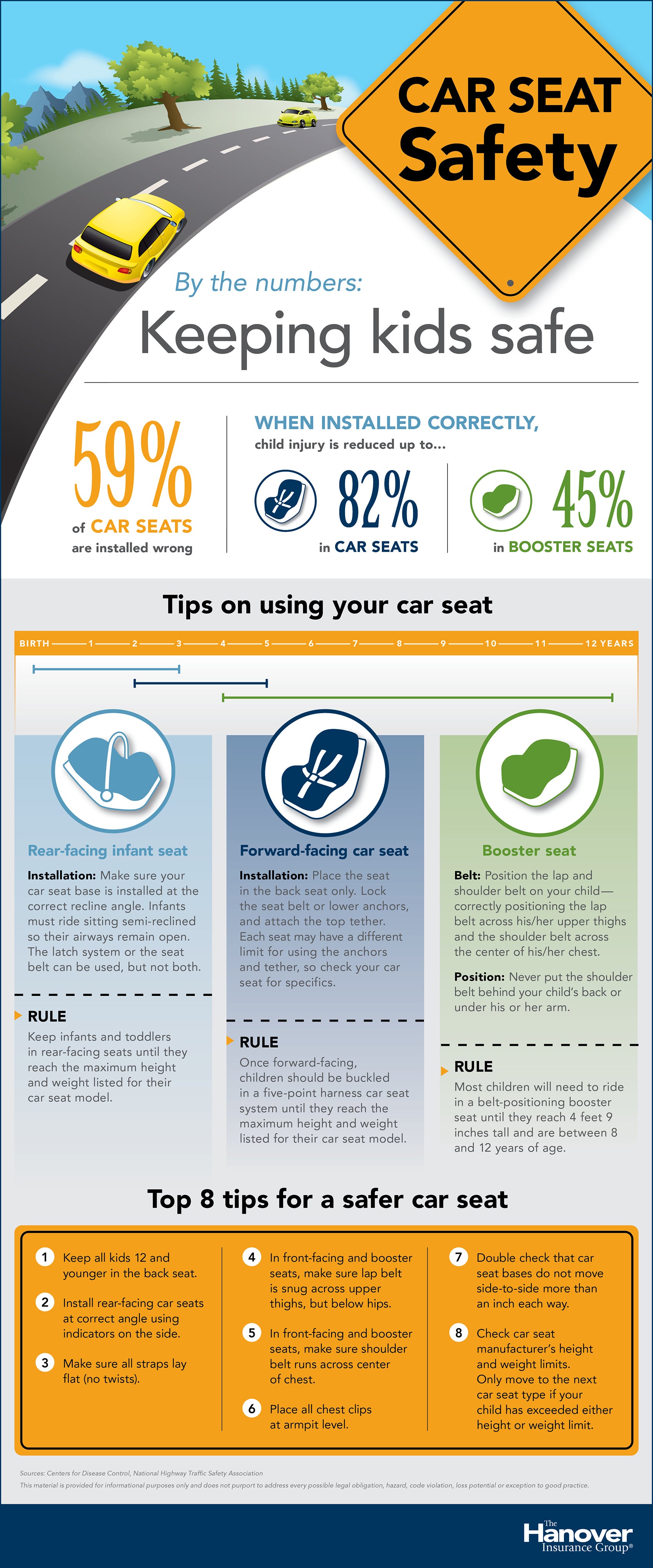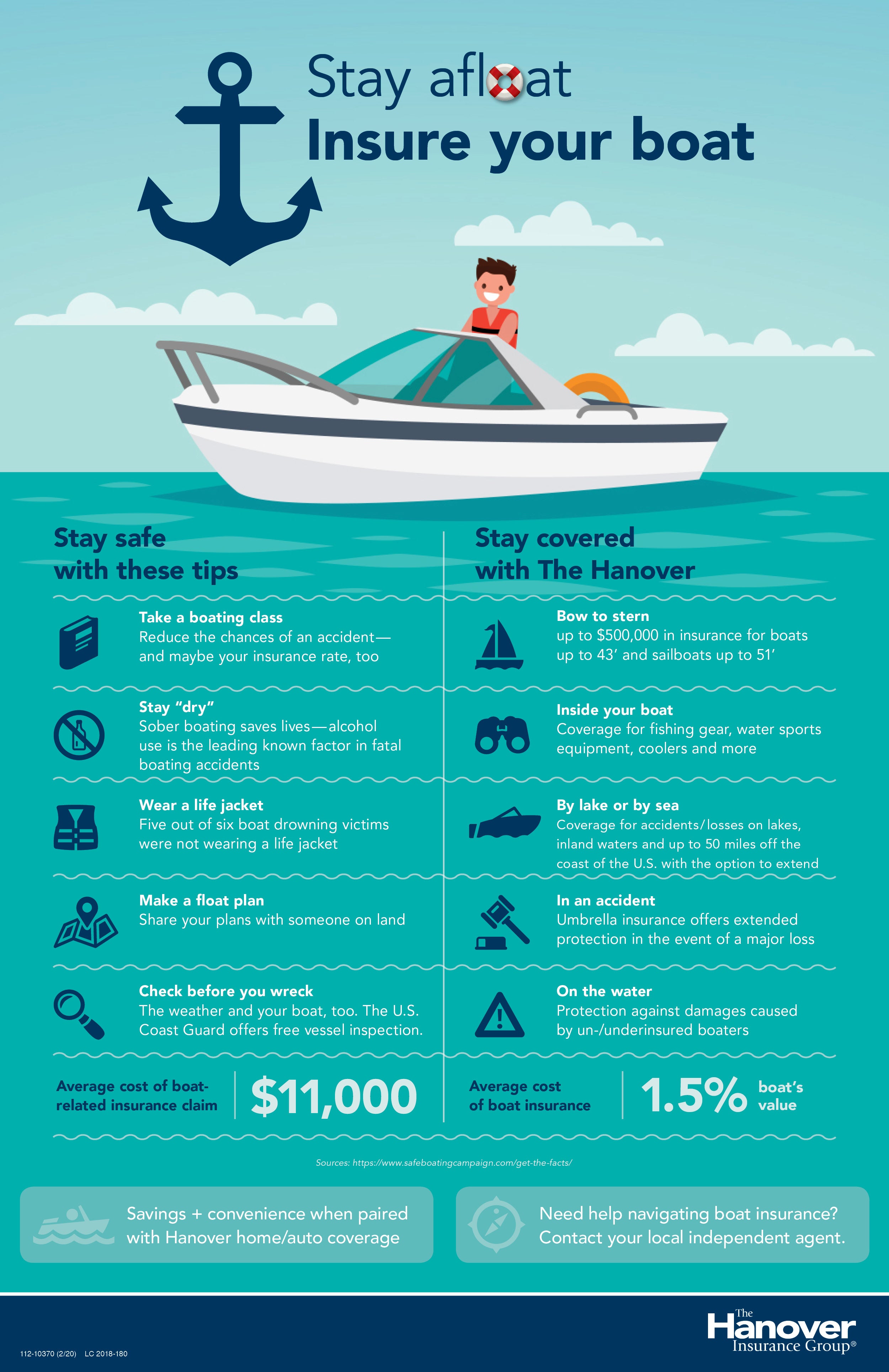It’s one of the most commonly asked questions in insurance. Many will tell you that if you have auto insurance, buying coverage from the rental company is redundant and a waste of money.
And, it’s a lot of money. Consider that the basic insurance (or “damage waiver”) averages up to $19 per day1, not including upsells. In some cases, you are looking at almost doubling the cost of your rental.
Is it worth it? The real answer isn’t that simple, but a real solution is: before you rent, talk to your insurance agent or insurance company to review your auto policy.
For some context, though, here’s a quick check list.
- Basic liability – This protection does not offer any coverage to your vehicle in the event of a crash. Remember that the rental is considered “your” car for insurance purposes, so, if you only have basic liability, it makes sense to purchase rental car insurance.
- Collision – This is what most people are referring to when they mention that your auto insurance policy covers your rental. And it is true, with one big difference: your auto policy has a deductible, whereas the rental company’s plan probably does not. It’s up to you whether the risks of paying a deductible outweigh the expense of the damage waiver. The longer you plan on renting the car, the less sense buying the rental insurance probably makes.
- Comprehensive – This applies to damage that occurs to a car while it was not being driven. For example, vandalism, or a tree branch landing on the roof. Comprehensive coverage protects your rental the same as your own car(s), and also comes with a deductible. Much like with collision coverage, you may not be getting much bang for your buck, but it’s up to you.
- Optional coverage – More and more, rental companies have started charging customers for a loss of use of, or diminished value to, the vehicle, stemming from a crash2. Most basic collision policies don’t cover these costs.
Keep in mind, though, that many leading insurance carriers offer optional coverage upgrades (or “endorsements”) for costs such as these. For instance, The Hanover offers coverage for “reasonable expenses” related to an accident as part of our TravelRight, Platinum Auto Elite and Prestige Global Rental packages. This includes coverage for loss of use and loss of value, which is especially valuable for frequent renters, and renters of nicer vehicles.
You may already have such coverage already. If so, you can probably skip the rental car insurance. Otherwise, if you are concerned about the potential cost, purchase rental car insurance.
What does my auto policy cover?
On your auto policy, your rental car is considered a replacement for the car you own, and so, the degree to which your rental is protected is dictated by the level of coverage you have. Furthermore, if you have multiple vehicles, the policy for the vehicle with the maximum amount of coverage applies.
What about things in the car?
This might be surprising, but neither your auto policy nor the rental car company’s insurance really apply here. Instead, your homeowners/condo/renters insurance would cover property that was stolen or damaged while in your rental. If you have this coverage, and a rental company offers you an upgrade with “personal effects coverage,” you can probably skip it.
Other things to consider
Nicer cars – If you have collision coverage, it also applies to rental cars that may be more expensive than your everyday car. However, loss of use and diminished value could prove to be a much more significant dollar figure with a nicer car. If your policy doesn’t cover this additional expense, you might want to purchase rental car insurance.
Business travel – Your auto insurance applies to a car you may rent for business as long as your livelihood isn’t dependent on driving (for instance, a gig as an Uber driver). But for activity most commonly associated with business travel – driving to client meetings, for example – your personal auto policy helps protect you. Depending on how much that policy covers, you can probably skip the rental car insurance.
If you have questions
Talking to your agent or insurance carrier is a good first step, and will probably help you reach a decision. But, if you are still on the fence, your next step should be to talk to your credit card company. They may cover some expenses that your insurance does not – but there may be strict stipulations on who is covered, and where.
Lastly, if you are thinking about purchasing the damage waiver after all, make sure you review the rental company’s policy, as the amount of expenses it protects you against can vary by state, and by company.
Sources:
- CNBC
- Consumer Reports
